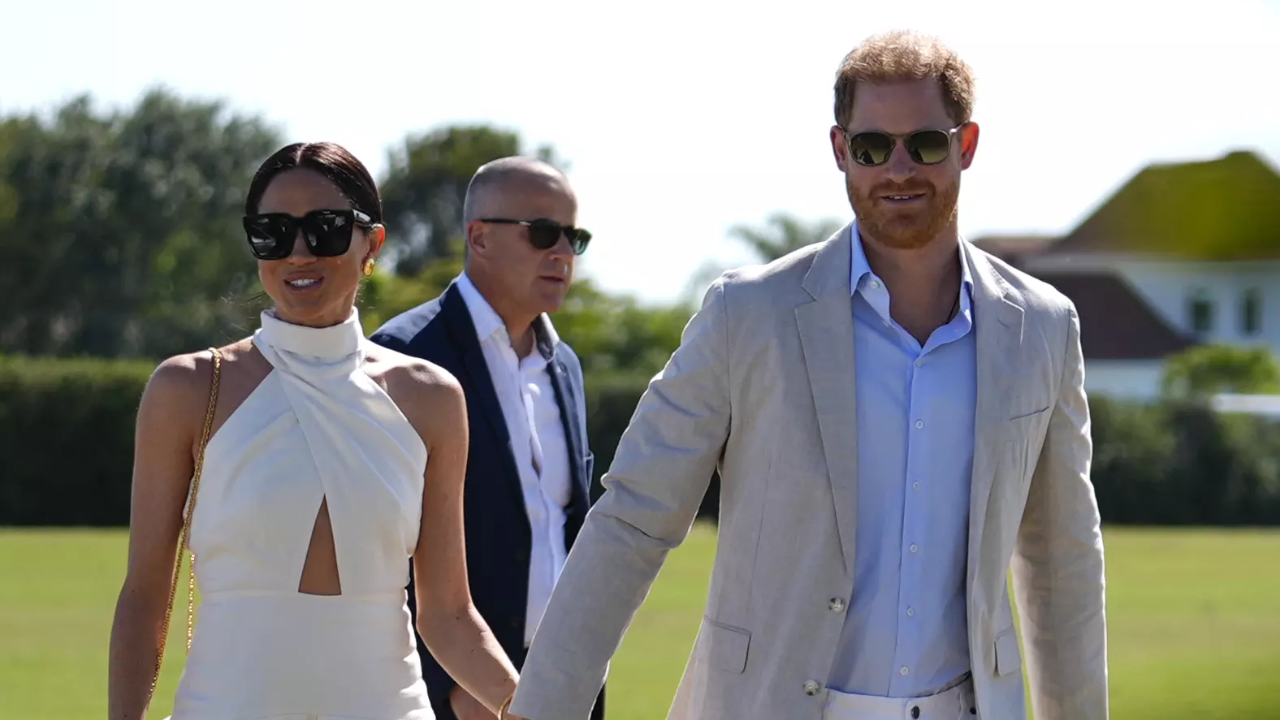Prince Harry, often portrayed as the “rebel” of the royal family, has faced both admiration and condemnation since stepping away from his royal duties in 2020.
Labeled a “traitor” by some, especially following his and Meghan Markle’s decision to distance themselves from royal responsibilities, Harry’s motives have been subjected to intense scrutiny.
But is he truly the lost and rebellious figure that tabloids often depict, or is there a deeper, more complex story behind his decision?
This exploration takes a closer look at Prince Harry’s life within the royal family, the challenges he faced growing up under the constant glare of public attention, and the emotional turmoil that led him to ultimately step away from his royal heritage.
After the divorce, Harry’s life changed dramatically. When he was just 12 years old, his mother tragically died in a car crash in Paris. The impact of this loss shaped both Harry and his older brother William’s childhoods and continues to influence Harry’s actions today. At his mother’s funeral, Harry walked behind her coffin, an image that would haunt him for years and bind him forever to the tragic legacy of Princess Diana.
As Harry and William inherited their mother’s estate, it was clear that no amount of wealth could fill the void left by her untimely passing. In an interview, Harry recalled feeling immense grief, noting that he and William often wondered what their mother would have been like had she been alive.
As early as his teenage years, Harry gained a reputation for being a “rebel.” Letters written by his mother revealed his struggles with the pressures of royal life, detailing how he often defied authority and found ways to push against the expectations placed on him. His notorious partying and disregard for royal decorum earned him the tabloid nickname “the wild prince.” But these actions, though widely regarded as youthful folly, were often a sign of a deeper, internal struggle against a life that felt increasingly confining.

As the years went on, the pressure intensified. Harry was not only dealing with the grief of losing his mother but also the relentless harassment by the British press. His relationship with Meghan Markle, which became public in 2016, only intensified the media’s focus on him. The couple faced an unrelenting barrage of negative stories, often laced with racism and prejudice toward Meghan. The tabloids frequently portrayed Harry and Meghan in a disparaging light, making it clear that their relationship—and particularly Meghan’s background—were subjects of constant public examination.
In an effort to regain control of his narrative and protect his loved ones, Harry began legal proceedings against the press. He sought to combat the damaging influence of the paparazzi and their invasive tactics, which included drones and helicopters tracking his every move.
It was only later, when Harry met Meghan Markle, that he seemed to find a true sense of partnership. Their wedding on May 19, 2018, captivated millions around the world, offering a modern and progressive take on royal traditions. Yet, even as they celebrated their love, the couple faced an onslaught of media attacks, much of it focused on Meghan’s race and her American background.

Their wedding was not the end of the media frenzy but merely the beginning of their public battles. Despite efforts to rise above the negativity, the couple found themselves increasingly overwhelmed by the tabloids’ harassment.
The couple’s departure from royal duties was not just a personal decision—it was a moment that would shift the trajectory of the monarchy in the 21st century. The decision raised important questions about the relevance of the royal family in modern society and the challenges faced by younger royals, especially those not directly in line for the throne.
Despite the growing tensions, both brothers have made it clear that they remain committed to their bond, and reports suggest that they have worked to repair their relationship. In an interview, Harry stated, “We’re brothers. We’ll always be brothers.” The complexities of their relationship have been magnified by the pressures of royal life and their differing roles within the family.
Ultimately, Harry’s decision was not a rejection of his royal heritage but a step toward carving out a life that allows him and his family the freedom and peace they long for. While the media and public may label him as a “rebel,” his actions reflect a deep desire to break free from the expectations and pressures that have defined his family for generations. Whether or not his decision will be viewed as a defining moment in royal history remains to be seen, but one thing is clear—Prince Harry’s journey is far from over, and it continues to captivate the world.





